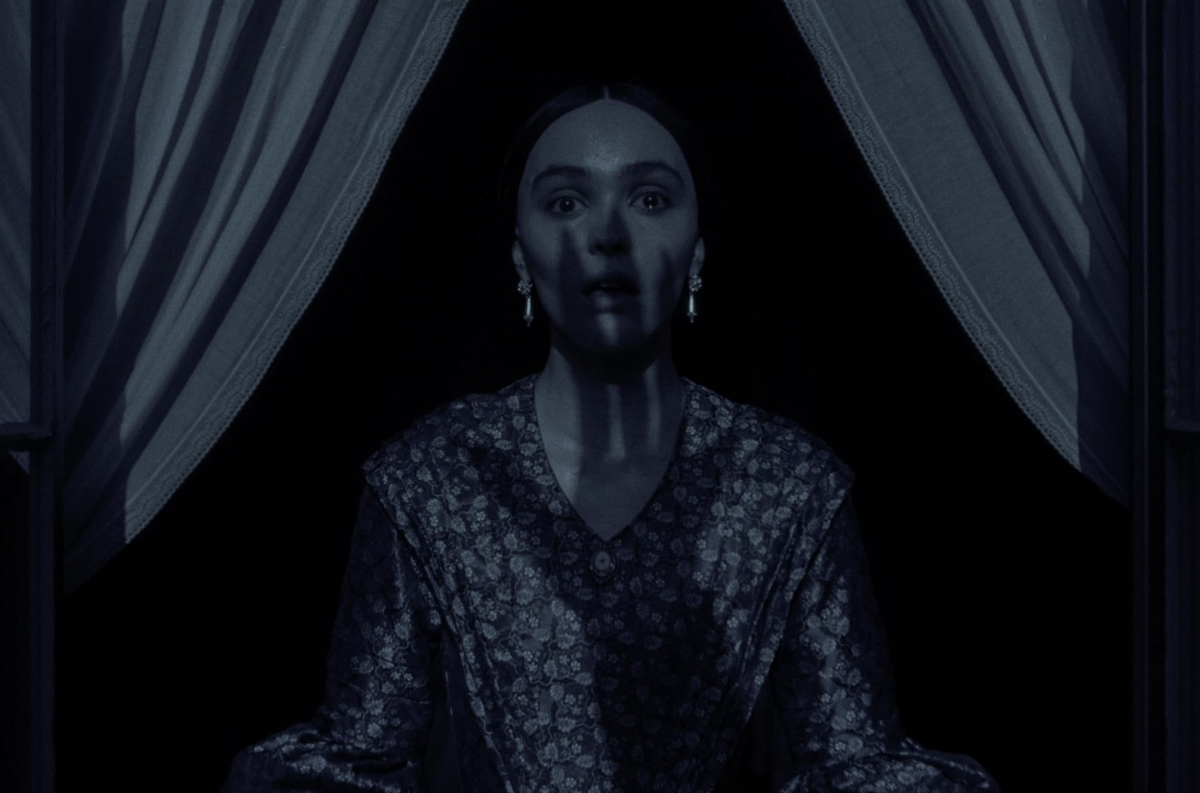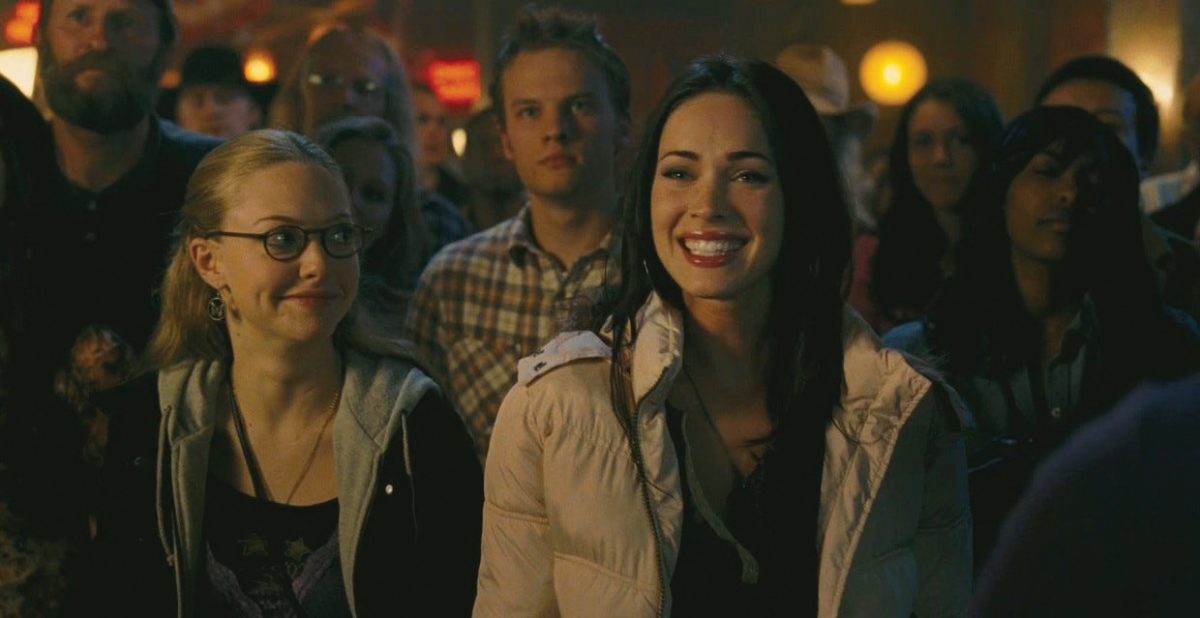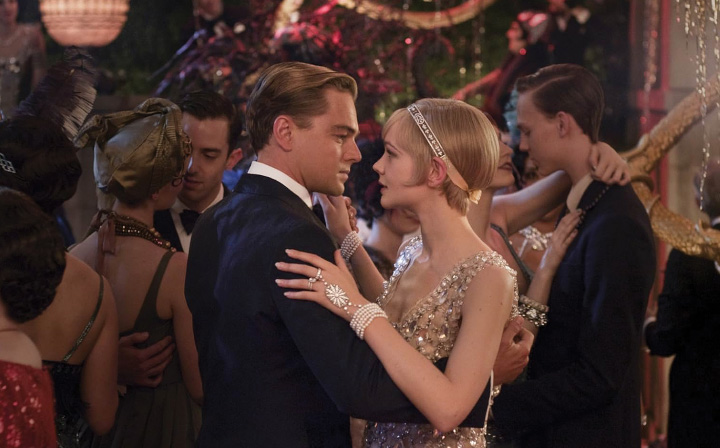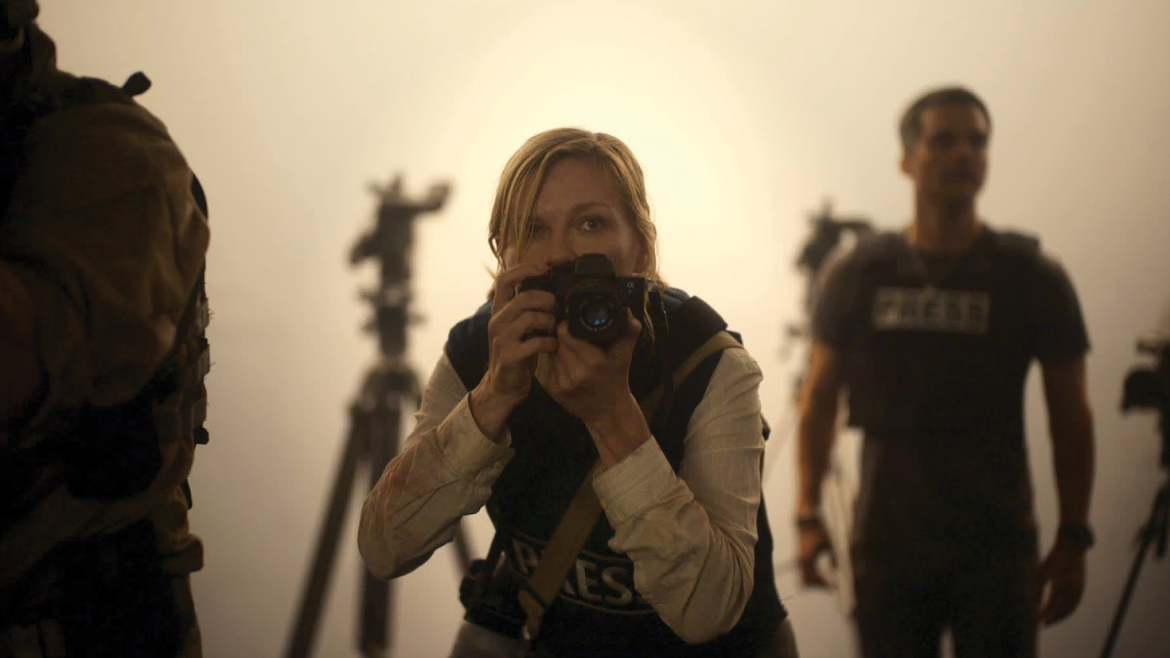In Nov., the Film Appreciation Club screened Peter Weir’s “Dead Poets Society”, a coming-of-age dramedy set in ’59 Vermont at Welton Academy, an elite all-boys preparatory boarding school. The film follows a group of students on a journey of self-discovery where they learn the meaning of passion and courage from their English teacher, through the use of poetry.
Ethan Hawke, Robert Sean Leonard, Josh Charles and Gale Hansen, are led by the late Robin Williams. “Dead Poets Society” won the academy award for Best Screenplay, and is considered a classic for its heart-touching message and powerful performances that highlight the beauty of the human spirit. After 35 years, this film remains relevant to the discussion of the way classrooms should be operated. The film is not focused on special effects to entertain its audience, consists of superstar actors of the time, or has some set piece that will be engraved in the archives of cinematic history.
Though it is portrayed in a fictional environment, it feels nostalgic and seems like an environment that exists. It fits in perfectly with the season of Autumn and captures the cold yet cozy immersion that is associated with it. From a technical standpoint, the impact was utterly sweet. The landscapes and scenery seen outside of the classroom were gorgeous and will make you feel this sense of appreciation for the view. It is well done with its editing and almost every shot is framed in a stunning manner, immersing you in the world of this film. Thanks to Weir’s direction, there is not one shot that feels sloppy or poorly framed throughout its 2-hour runtime.
The dialogue consists of phenomenal teen performances that instantly make viewers latch on to them with their accurate depictions of adolescence, avoiding a generous portion of the cliches that are usually displayed in teen comedies and dramas. Normally, writers tend to lean more on the comedic factor to reel the audience in, for the film to be more relatable. But, this film was not afraid to take these teens seriously and portray them as human beings.
Ethan Hawke’s character development is a slow burn, but not only pays off well in the end, but has a warming relationship with Robert Sean Leonard’s character, making for a sweet friendship between the two. Josh Charles’ arc in facing fear and rejection is shown in an ambitious manner, consistently pondering on expressing love towards whom he is dearest to.
Though it might seem like a broken record to state this, this film is carried by the gratifying presence of Robin Williams. Williams gives one of the best performances of his career, which some argue is his best, for his dedication to portraying the human experience as one of the best educators depicted in cinema. Many forget that aside from being extremely funny, William’s acting chops are shown to be some of the best when delivering drama to the screen.
Norman Llyod, a long-time legend in the field of entertainment, portrays the headmaster of the Welton and is not too original when it comes to school principals in film, but is convincing in his irritating commitment towards his traditionally based ideology in terms of his authority. It does not sugar coat the path of making dreams a reality. In fact, it does the complete opposite and shows how difficult it is to accomplish that.
But it is through the hardships that make this film special to the core. It teaches you to follow and use your own voice, over conforming to the comforts of being like everyone else. The soundtrack carries a rhythm that will hit you with emotion and perfectly captivates each scene with the tone it conveys, embodying a feeling of never-ending hope for the characters as they face deterrents.
This ’89 classic is a film that speaks to its viewers on why audiences need to seize the day. Tom Schulman’s writing is a love letter to not just the education field, but a love letter to the concept of teaching. It emphasizes the impact that one person can have on many and how important it is to encourage the future generations ahead of us to not just seek a living but find their purpose and use it for the betterment of others. Poetically written and beautifully directed all the way through,
“Dead Poets Society” is a monumental film that has no shortage of exquisite performances and provides an inspiring message for the viewers who seek excellent cinema value and is a lesson to those who unsure of what their verse will be, reminding them that they are capable of accomplishing anything, as long as one person believes in them and should they choose to seize their moment.















